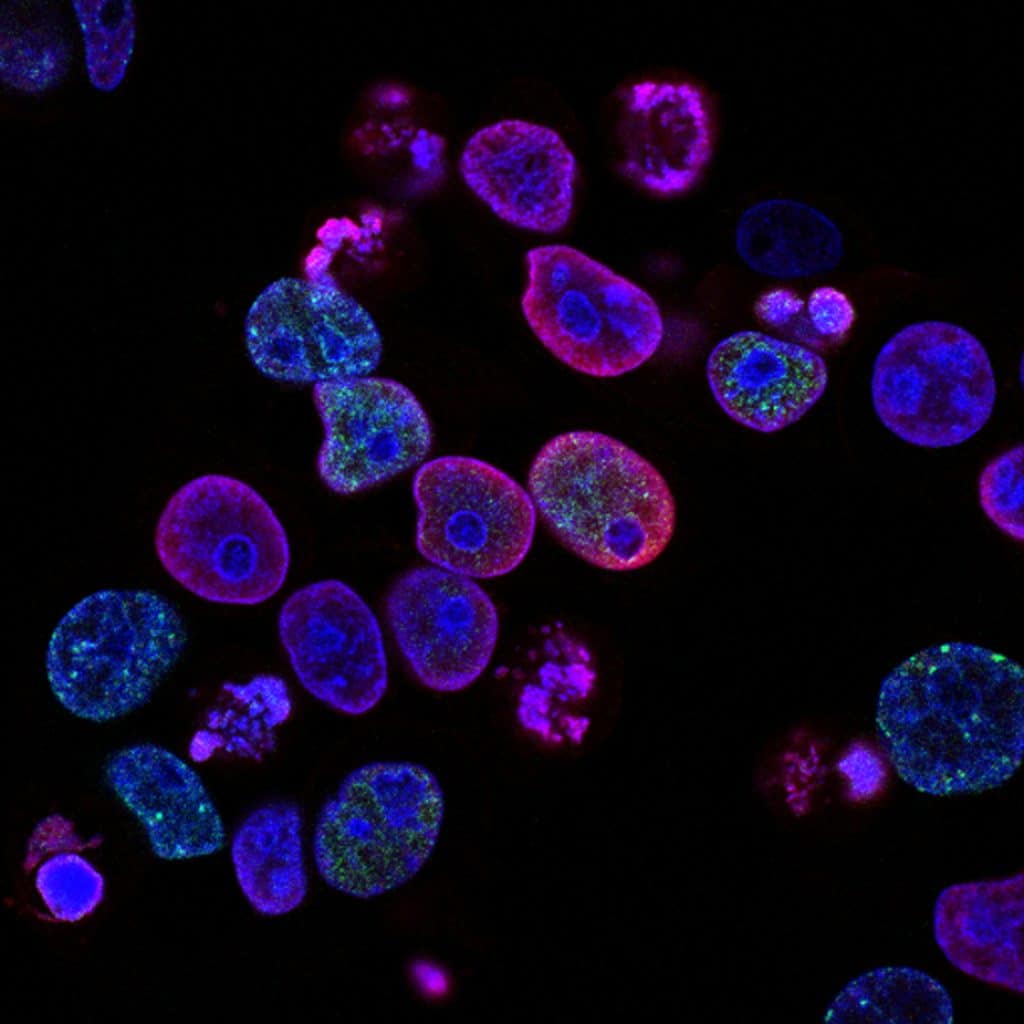
HUTCHMED’s metastatic colorectal cancer treatment meets primary endpoint in Phase III trial
pharmafile | August 8, 2022 | News story | Sales and Marketing |
HUTCHMED has announced that its global Phase III FRESCO-2 trial, evaluating the investigational use of fruquintinib, reached its primary endpoint of overall survival (OS) in patients with advanced, refractory metastatic colorectal cancer (CRC).
The FRESCO-2 study was a multi-regional clinical trial conducted in the US, Europe, Japan, and Australia, which investigated fruquintinib plus best supportive care (BSC) vs placebo plus BSC in patients with metastatic CRC, who had progressed on standard chemotherapy and relevant biologic agents.
In addition to OS, a statistically-significant improvement in progression-free survival (PFS), a key secondary endpoint, was observed. The safety profile of fruquintinib in FRESCO-2 was consistent with previously reported studies.
In June 2020, the FDA granted Fast Track Designation for the development of fruquintinib, for the treatment of patients with metastatic CRC.
“We are very happy to see the positive outcomes of the FRESCO-2 study which offers a potential new treatment for patients with advanced metastatic colorectal cancer, where the unmet need is very high and patients have limited treatment options,” said Dr Marek Kania, Executive Vice President, Managing Director and CMO of HUTCHMED International.
“Results from the global FRESCO-2 study supplement findings from the original FRESCO study that led to the marketing approval and commercialisation of fruquintinib in China. We would like to thank the patients, their families, and the healthcare professionals who participated in this study and helped achieve this important milestone.”
Dr Weiguo Su, CEO and CSO of HUTCHMED, said: “We are pleased to have successfully completed our first multi-regional clinical trial, FRESCO-2, to support the global registration of fruquintinib. It has already benefited patients with advanced CRC in China since its launch in 2018. It is also being evaluated alone and in combination with other agents in various tumour types in ongoing studies around the world.”
Lina Adams








